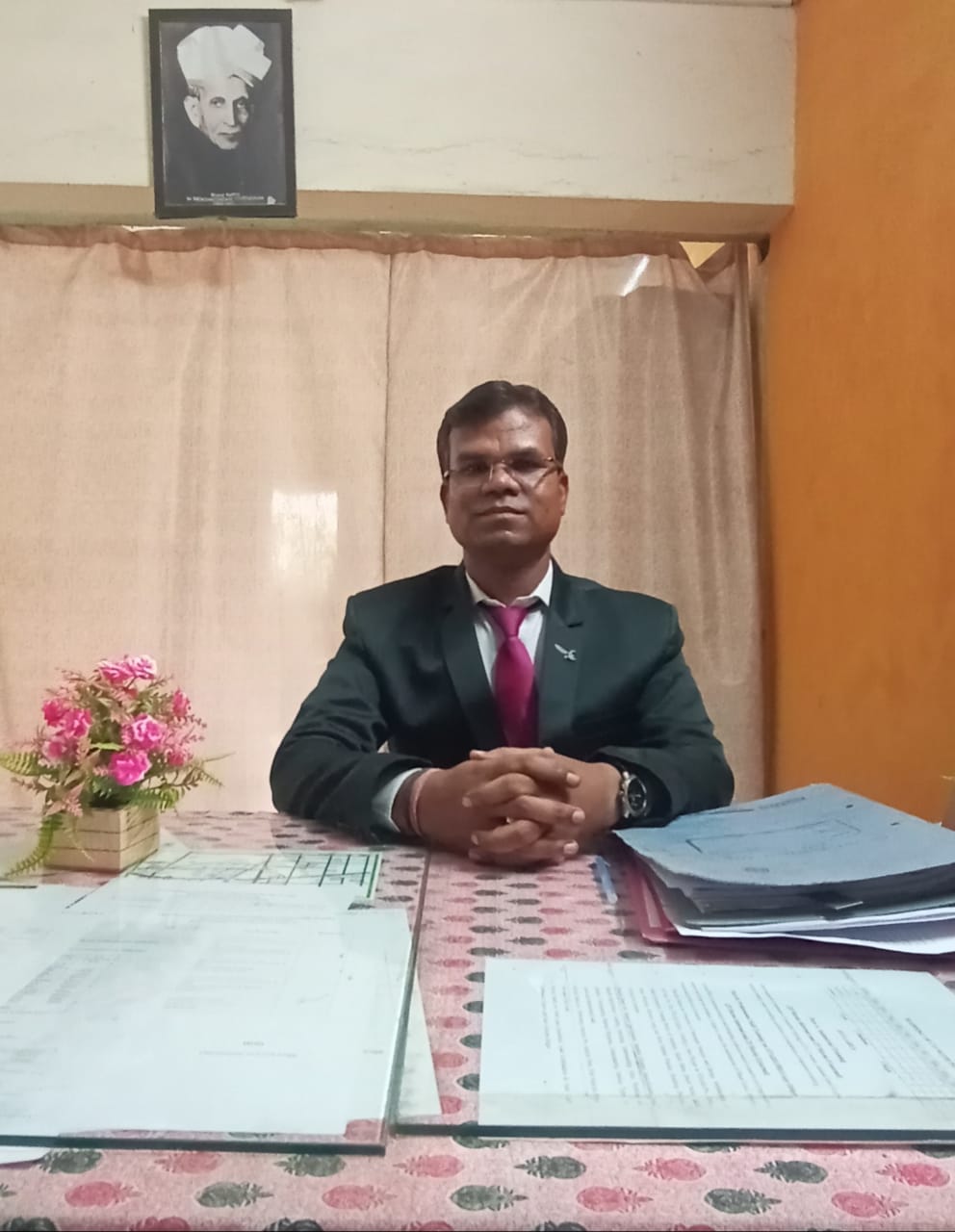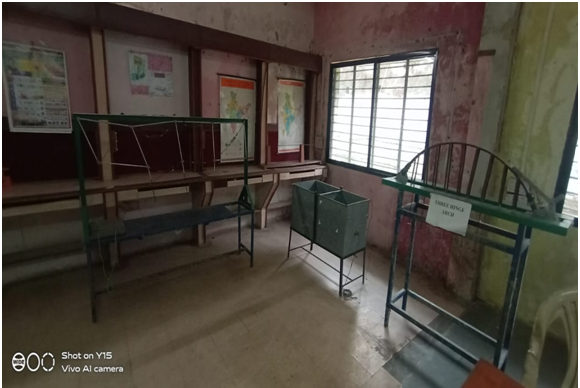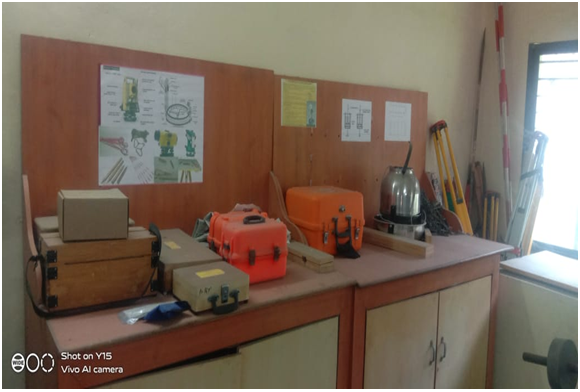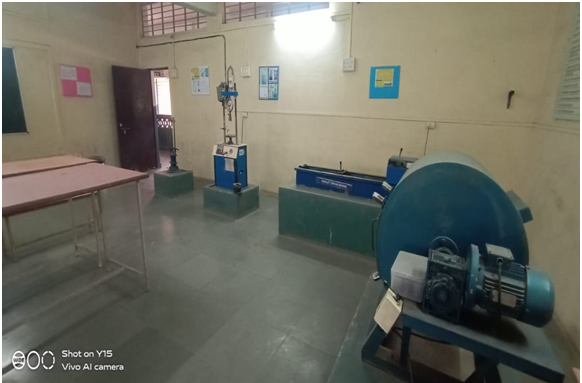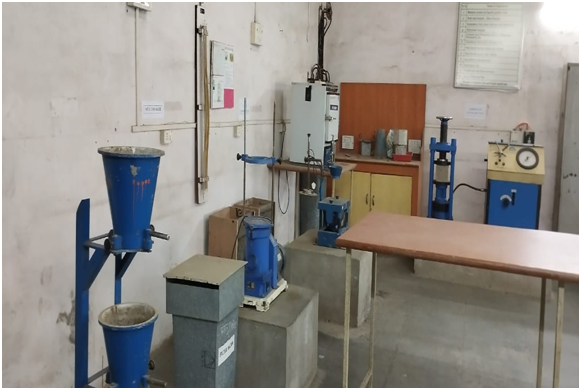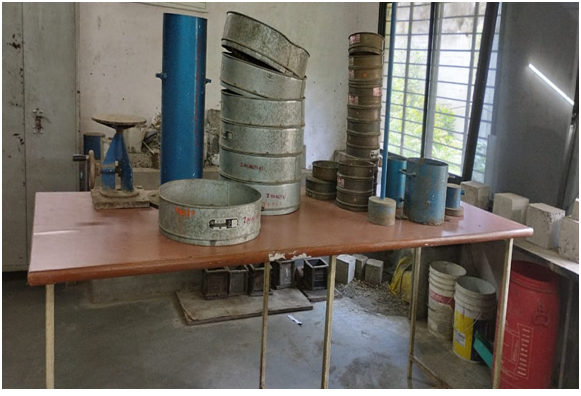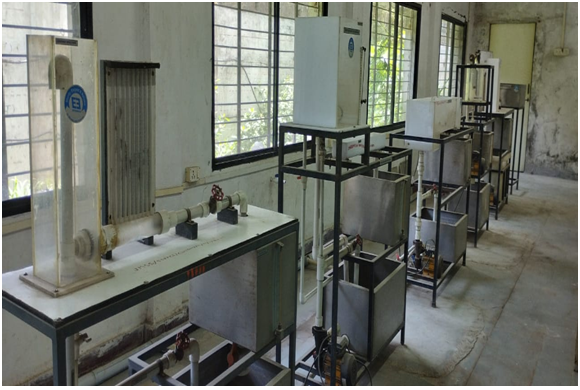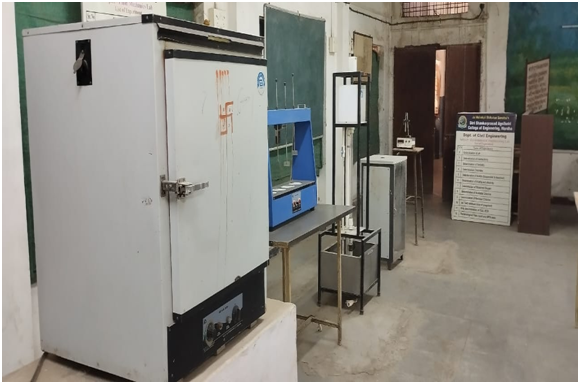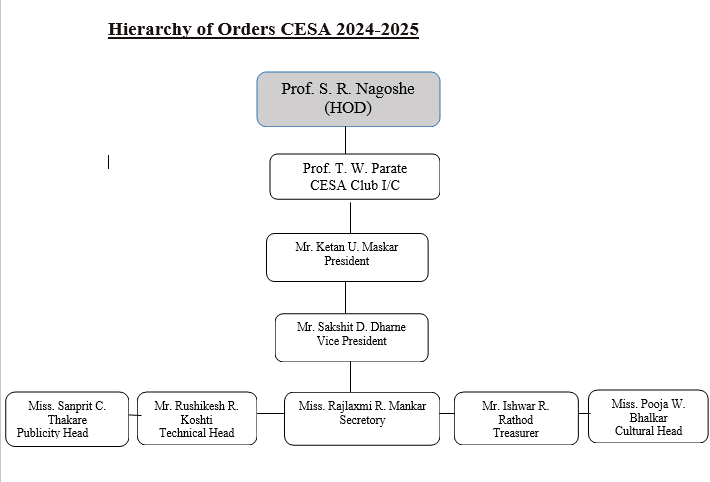About Deptartment of Civil Engineering
In the past years, Civil Engineers have been instrumental in the design and construction of various infrastructural marvels such as buildings, bridges, highways, water treatment facilities, and environmental structures. Today, the role of a Civil Engineer extends beyond mere construction; they must also assess the impact of degradation on infrastructure, taking into account environmental and economic sustainability.
To meet the evolving demands of the field, Civil Engineers require a comprehensive understanding of both traditional principles and cutting-edge technologies to address complex interdisciplinary challenges.
Our institution stands as one of the best engineering colleges in Wardha, offering a comprehensive four-year Bachelor’s Degree program in Civil Engineering, boasting an intake of 60 students.
With a B+ grade accreditation from the NAAC in 2023-24. Over the years, our department has nurtured and produced numerous distinguished engineers who have made substantial contributions across various sectors within the Civil Engineering domain.
At our institution, we are committed to providing a holistic education that combines theoretical knowledge with practical skills, preparing our students to become leaders and innovators in the field of Civil Engineering.
Vision of the Department
To create professionally competent engineers, researchers and entrepreneurs in the field of civil engineering for the benefit of society.
Mission of the Department
Program Outcomes
PO 1
Engineering Knowledge : Apply the knowledge of mathematics, science, engineering fundamentals, and engineering specialization to the solution of complex engineering problems.
PO 2
Problem analysis : Identify, formulate and analyze hardware and software engineering problems and arrive at substantiated conclusions using first principles of mathematics, natural and engineering sciences.
PO 3
Design/Development of solutions : Design and develop hardware / software system to meet desired needs within realistic constraints related to economic, environmental, social, political, ethical, health and safety, verifiability, and sustainability concerns.
PO 4
Conduct investigations of complex problems : Use research based knowledge including design of experiments, analysis and interpretation of data and synthesis of the information to provide valid conclusions.
PO 5
Modern tool usage : Use techniques, skills, and modern computer engineering tools, including simulation and modeling, for addressing the needs of engineering profession and interdisciplinary business.
PO 6
The engineer and society : Understand the computing needs of inter-disciplinary scientific and engineering disciplines and design and develop algorithms and techniques for societal, health, safety, legal and cultural problems.
PO 7
Environment and sustainability : Understand the impact of the professional engineering solutions in societal and environmental contexts, and demonstrate the knowledge of and need for sustainable development.
PO 8
Ethics : Apply ethical principles and commit to professional ethics and responsibilities and norms of the engineering practice.
PO 9
Individual and team work : Function as member or leader of team and to understand engineering management principles & finance to manage projects in multidisciplinary environment.
PO 10
Communications : Effectively transfer technology to engineering community and society at large on broadly defined engineering needs through technical reports, presentations and software technologies.
PO 11
Project management and finance : Demonstrate knowledge and understanding of engineering and management principles and apply these to one’s own work, as a member and leader in a team. Manage projects in multidisciplinary environments.
PO 12
Life-long learning : Engage in lifelong learning and adapt to rapid changes in computer science & allied areas.

